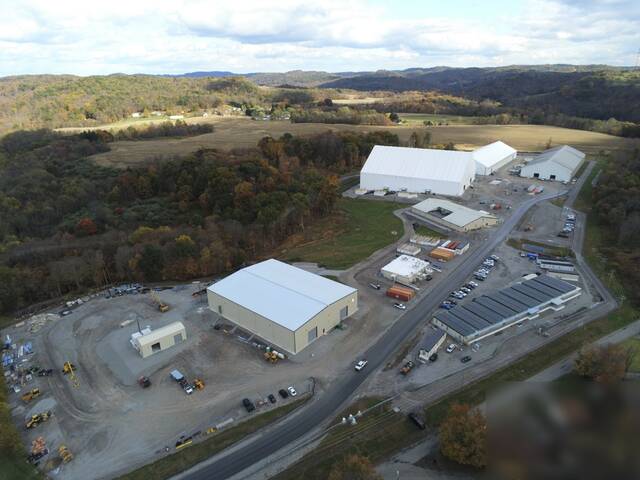Selecting the right cocoa beans is important to making good-tasting chocolate.
But for home chocolate-maker Wayne Dudding, that’s something he has to do by hand.
“Some of the beans I receive aren’t very good for making chocolate. There’s different defects in them,” said Dudding, 62, a Freeport native who lives in Findlay. “The more bad beans I get rid of, the better the quality of the chocolate I’m making.”
Dudding wants to use technology to come up with an automated way of separating the good beans from the bad. To develop that, he’s signed up for a program at The Corner in New Kensington that is funded through a four-year Build Back Better grant.
Affiliated with Penn State New Kensington in Upper Burrell, The Corner has up to four spaces still available for its Startup Accelerator, a six-month program that begins March 1, said Joanna Sutton, the innovation coordinator at The Corner on Fifth Avenue at Seventh Street.
Much of the program will be done virtually every week, but some sessions will be held at The Corner and the nearby Digital Foundry, also on Fifth Avenue in New Kensington and part of Penn State.
The Startup Accelerator, the first part of The Corner’s Innovation Forge, is for individuals who are not in business yet and need help bringing a product idea with a technology or automation component to market, Sutton said. There is no cost to participate, but participants need to be from Southwestern Pennsylvania.
An application page is available on the Digital Foundry’s website at digitalfoundrynk.com. The new deadline to apply is Feb. 15.
The second part on technology, assessment and de-risking will be intended more for established businesses, she said.
The Startup Accelerator will cover topics such as listening to customers, identifying customer needs and creating a business plan, Sutton said. The Digital Foundry will support with technical design and mentoring.
At the end of the program, Sutton said, participants should have better insights into their customers’ needs, a prototype for their product and a plan to manufacture it.
“We’ll help them figure out what they need to do to make their dream a reality,” she said. “Just take that first step, and we’ll help you with the rest.”
Dudding, who is retired from the Army, calls his chocolate business Steel City Gastronomy, through which he makes chocolate from bean to bar. He has some ideas on how to automate bean sorting.
While chocolate-making is a highly automated process for big companies, not a lot of automation is available for people at the size of his business, Dudding said.
“If we figure out a good solution to that, we can sell it to other people like me who are manually sorting the beans,” he said.











